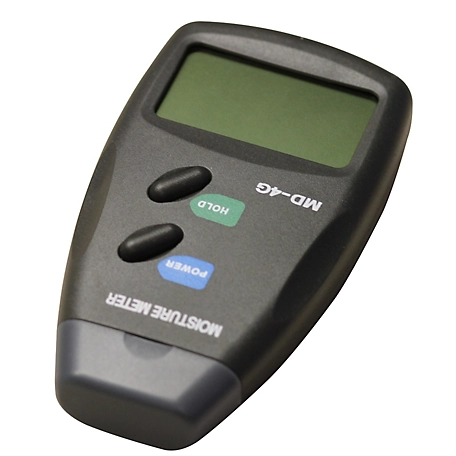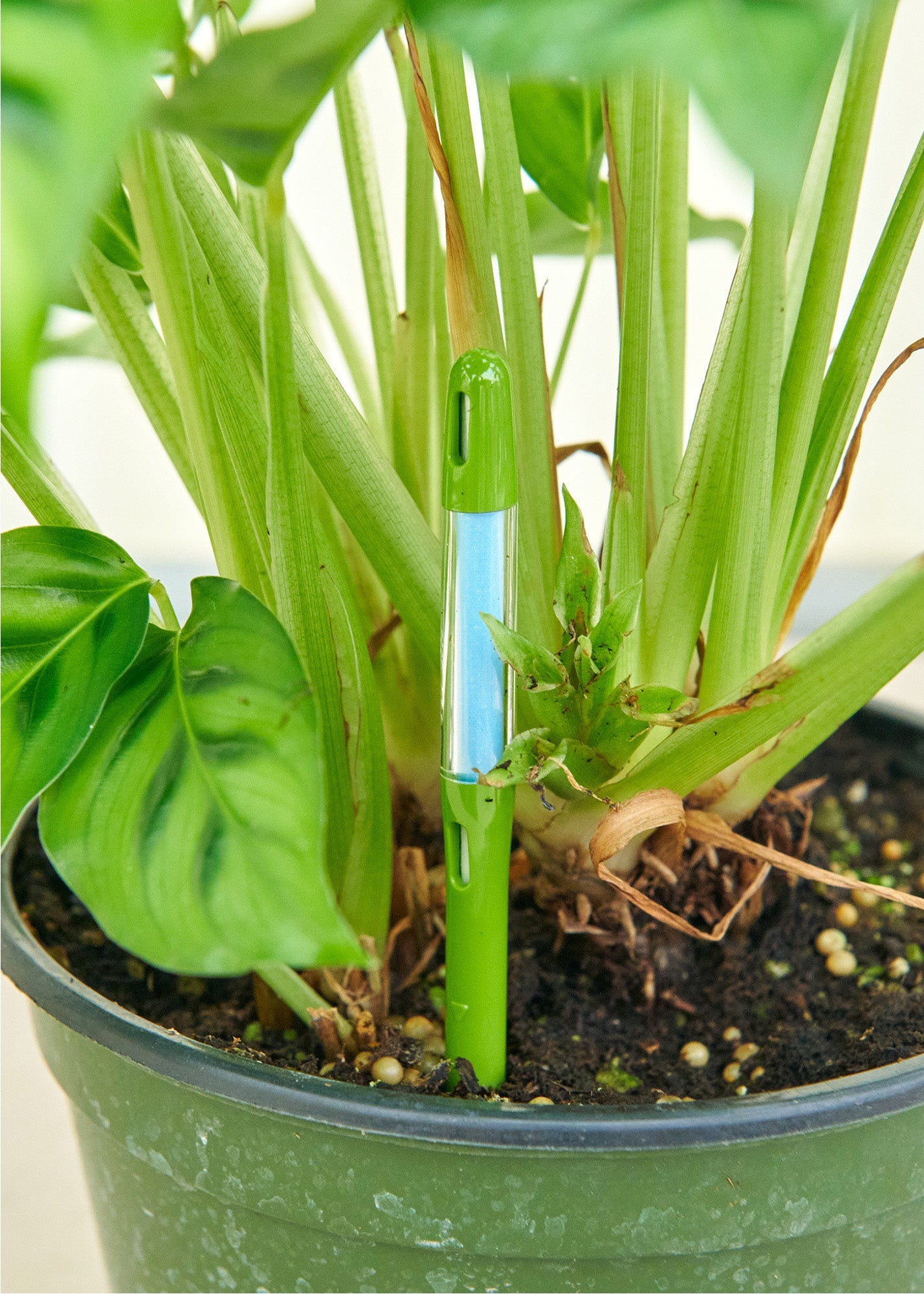The Ultimate Guide to Wetness Meters: A Comprehensive Overview and How They Can Conserve You Cash
Dampness meters offer as indispensable devices in identifying and keeping an eye on moisture content in products, assisting in avoiding expensive damages and guaranteeing the high quality of items. Recognizing the subtleties of various types of wetness meters, their applications, and the possible cost-saving advantages they supply can be a game-changer for businesses and experts alike.
Kinds of Moisture Meters
One common kind is the pin-type moisture meter, which determines the electric resistance between two pins placed right into a product. Pinless moisture meters, on the various other hand, usage electromagnetic sensing unit plates to check a bigger location without triggering damages to the material's surface.

Infrared dampness meters determine the thermal properties of a material to determine its wetness content non-invasively, making them beneficial for applications where pin or pinless meters might not be appropriate. Comprehending the different types of wetness meters offered can aid sectors pick the most appropriate device for their particular dampness dimension demands.

Benefits of Making Use Of Wetness Meters
Moisture meters supply very useful advantages in accurately assessing and keeping track of moisture levels in diverse materials and environments (Moisture Meter). Among the primary advantages of using moisture meters is the avoidance of prospective damage brought on by excess moisture. By spotting and dealing with high moisture degrees at an early stage, dampness meters help to avoid mold and mildew development, rot, and architectural damage in structures, saving both time and cash on repairs. Additionally, wetness meters help in ensuring the top quality of materials throughout construction or production procedures. By precisely determining dampness material, these tools help maintain the honesty of timber, drywall, concrete, and various other products, minimizing the threat of failings or flaws.
Moreover, utilizing moisture meters can lead to increased power performance. In agricultural setups, wetness meters play a critical duty in maximizing plant returns by making it possible for farmers to keep an eye on soil moisture degrees and make educated watering choices.
How to Select the Right Moisture Meter
When choosing a dampness meter, it's essential to make certain that the meter is ideal for the details material you will be screening. Various materials have varying electric properties that can influence dampness readings, so selecting a meter developed for your product is vital for precise results. By very carefully reviewing these variables, you can select a wetness meter that satisfies your demands and gives exact moisture measurements for your projects.
Appropriate Strategies for Wetness Meter Use

Cost Financial Savings Through Wetness Meter Applications
How can the tactical utilization of wetness meters lead to substantial expense financial savings across numerous industries? In the agriculture market, moisture meters help in identifying the optimal time for gathering crops, stopping over-drying or excess dampness that can impact the last product's high quality.
Similarly, in building and construction, moisture meters aid prevent pricey see it here damages by identifying wetness degrees in building products, such as timber or concrete, which can result in architectural issues otherwise addressed immediately. By recognizing problem locations at an early stage, service providers can take restorative procedures to avoid substantial fixings or replacements, inevitably saving time and cash.
In addition, in the food processing market, moisture meters are necessary for keeping track of item high quality and ensuring conformity with safety and security policies. By precisely gauging wetness content in food, makers can prevent wasting, maintain freshness, and minimize waste, causing significant expense financial savings. Generally, the calculated application of dampness meters is an important financial investment that can result in considerable price reductions and improved effectiveness throughout various markets.
Verdict
Finally, wetness meters are beneficial devices for determining and detecting wetness levels in numerous products. By making use of the best wetness meter and adhering to proper strategies, individuals can properly prevent expensive damages caused by excess moisture. Investing in a top quality moisture meter can lead to considerable price financial savings in the lengthy run by identifying potential concerns at an early stage and enabling punctual removal. Inevitably, wetness meters are important tools for preserving the honesty and longevity of structures and products.
Moisture meters offer as important devices in finding and keeping track of moisture web content in materials, helping in preventing expensive problems and guaranteeing the top quality of products. Infrared dampness meters measure the thermal properties of a material to identify its dampness content non-invasively, making them beneficial for applications where pin or pinless meters may not be ideal.Moisture meters use very useful advantages in properly evaluating and checking moisture levels in varied materials and settings. In farming setups, moisture meters play a vital role in enhancing crop yields by enabling farmers to monitor soil wetness levels and make informed irrigation choices.In conclusion, dampness meters are important tools for finding and measuring moisture degrees in various products.